Lukas Habersaat: an award-winning business model in Bangkok
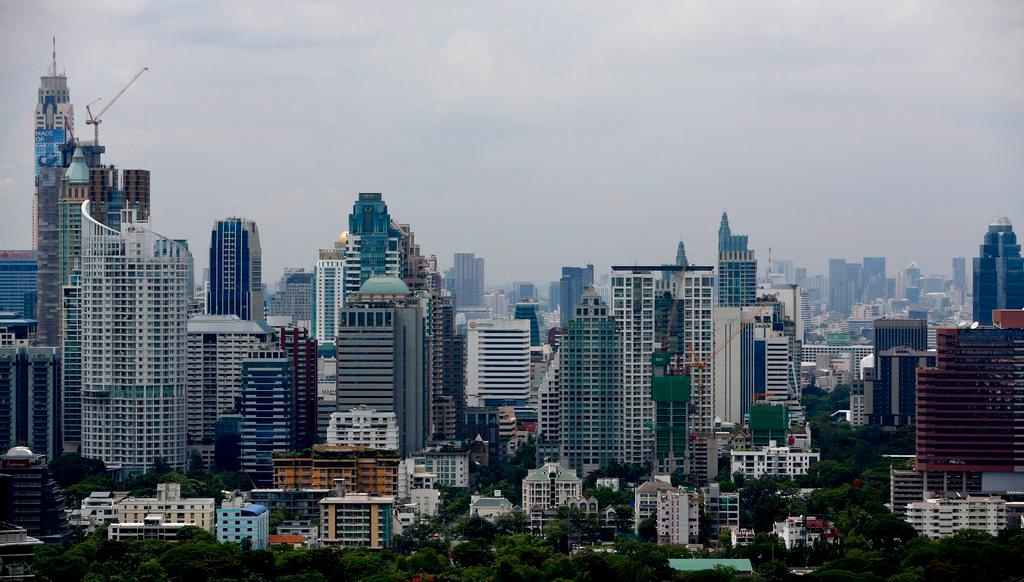
Lukas Habersaat, a long-term resident in Thailand, has received official recognition for developing a pioneering business model in Bangkok’s entertainment district. He has lived with his partner in Bangkok for 20 years, and wants to stay.
For Lukas Habersaat of Winterthur, it was no chance decision to initially train as a chef. His interest in cooking was awakened at an early age. And during the first years of his career in the hospitality industry, he continued studying – first at a business school, then, in the late 1980s, specialising in tourism at the school of hospitality in Lausanne.
Picking up foreign languages and improving his grasp of them was important to Habersaat. He perfected his French and English, before also learning conversational Italian and Spanish. With those skills, he figured he was equipped with the know-how he needed to risk a leap into unknown foreign territory.
Bangkok via Hong Kong
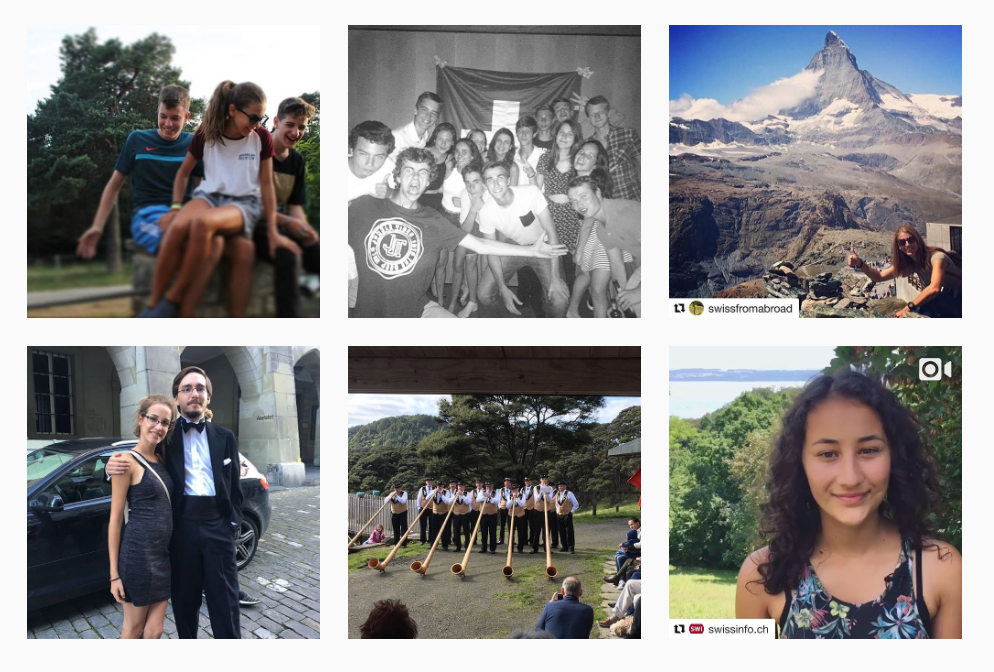
More
Dear Swiss living abroad…
At the age of 27, he wound up more-or-less by chance in Hong Kong. He got to know a New Zealander who became his business partner, and together they were entrusted with progressively responsible tasks at the Mandarin Oriental hotel. From 1988 to 1992, he held various management posts there.
In 1992 – and this time it wasn’t a chance move – he was offered a post in Bangkok, setting up a medium-sized hotel in the middle of the entertainment district of Patpong. His employer was a large Thai-Chinese family conglomerate, with which he had already developed business contacts in Hong Kong.
Innovative Concept
Part of the initial business model was to focus on gay customers, who had been largely ignored until then in Thailand. Foreign residents and expatriates as well as western tourists benefited from the hotel, which quickly acquired a positive reputation in the gay scene.
The foundation for the successful model was tolerance, combined with an ethical approach to actively protecting youth. It became a meeting point; a kind of platform where similarly-minded people could exchange ideas in a relaxed environment on issues that went far beyond sexual orientation, something that led to an increasingly mixed group of guests.
At the same time, Habersaat advised people who were setting up restaurants in the area, eventually taking over two of them himself. He currently runs them independently with his Thai partner.
This long-term relationship, registered as a civil partnership in Switzerland, is the main reason Habersaat maintains such excellent contacts with the indigenous population and the Thai business world. Since resigning recently from his position as hotel director, the 56-year-old has devoted more of his time to managing his leasehold property, which he rents as apartments to domestic and foreign guests.
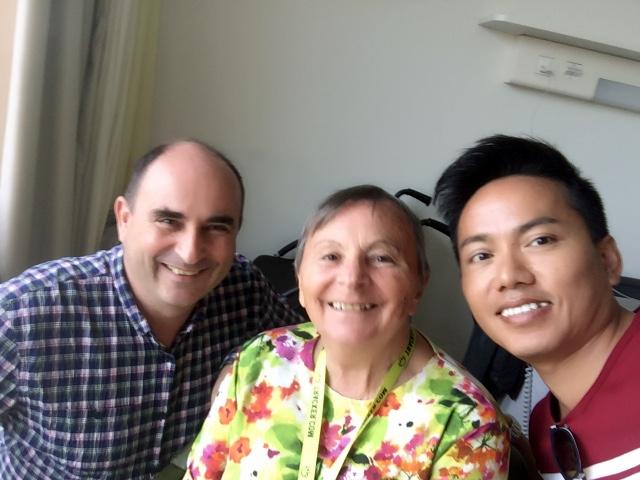
swissinfo.ch: You have lived in Thailand for 24 years. How well did you settle in back when you arrived, and how do you feel today in Thailand?
Lukas Habersaat: My time living in Hong Kong beforehand was ideal preparation for Bangkok – otherwise, I wouldn’t have lasted three months here. Everything was a little bit more difficult; the size of the city, the chaotic traffic, the banking system, the work ethic, the difficult foreign language.
Then I got stuck in, learning the language and setting up the hotel. I felt warmly welcomed in my district of Bangkok as a result – today it seems almost like a village, where everyone knows each other and feels at home.
My family, my Thai and foreign friends and my work is here, and I have residency. If at all possible, I would like to stay in Thailand.
swissinfo.ch: You speak Thai fluently and easily, even though it’s a very hard language to learn. How did you get to this level and what does it mean to you?
L.H.: It took a few attempts. After the first three-month intensive course, I was rather disillusioned with the little progress I had made in reading and writing. After a break, the second and the third attempts were much more successful, partly because I had a lot of practice in the meantime and because I dropped my ambition to be able to write in Thai myself.
Through the language, I now have access to the people and their world. It became a great deal easier to deal with my 50 or so colleagues and I have been able to build a good atmosphere. People are helpful and cooperative if you speak their language and don’t get upset the minute something doesn’t work the way we Swiss expect it to.
swissinfo.ch: What about securing a livelihood, and private and corporate pensions? How does that work in your case?
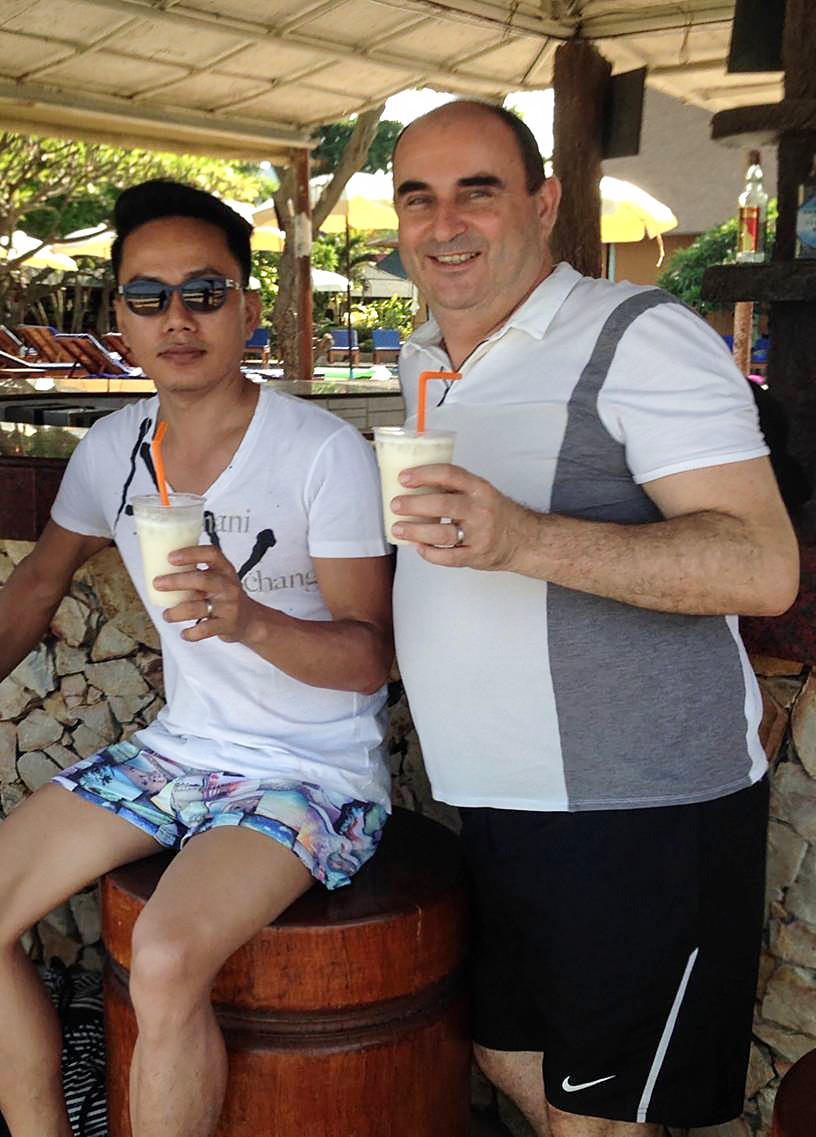
L.H. Securing a livelihood and a pension has to be achieved in the context of income, savings and how you reinvest accumulated assets. There are no corporate pension plans like the ones we have in Switzerland. The pension question is one you have to answer privately and individually, although traditionally, the family, social, and private networks operate as a safety net.
In Thailand I pay income taxes that are directly deducted from declared wages. My health insurance is here in Thailand. The premiums are a great deal lower than in Switzerland, but the medical service is just as good. For additional security, I pay contributions to the AHV (old age and disability pension) in Switzerland.
swissinfo.ch: Do you follow Thai politics? Can you explain what impact they have on tourism?
L.H.: None of the politicians, interest groups or parties question the importance of tourism, or would deliberately try to damage the industry. However political confusion and power battles can have a damaging effect. For foreign visitors there is no danger as long as they stay away from demonstrations. Official travel advisories are sometimes too quick to warn against visiting Thailand.
swissinfo.ch: What still fascinates you today about the country and its people?
L.H.: Bangkok is developing and changing rapidly. From my point of view, the right decisions have been made in the last two decades – for example in the areas of traffic and transport as well as ecology and air pollution, and this has led to a noticeable improvement in the quality of life.
I am fascinated by the endless opportunities offered by this enormous city, which has twice as many inhabitants as Switzerland. Just as an example – in my field, the restaurant business, you can buy high-quality meals for 50 baht (about 1.70 francs) from mobile street vendors. But if you have higher standards and want to dine in a chic restaurant, then you can easily pay 5,000 baht.
The views expressed in this article are solely those of the author, and do not necessarily reflect the views of swissinfo.ch.
Are you a Swiss citizen living abroad? Label your Instagram photos with #WeAreSwissAbroad

In compliance with the JTI standards
More: SWI swissinfo.ch certified by the Journalism Trust Initiative
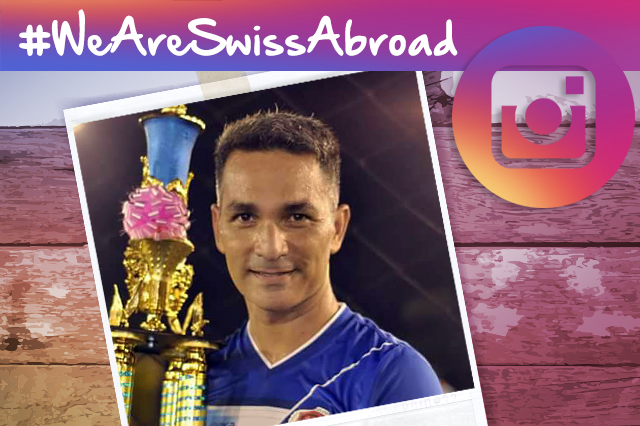
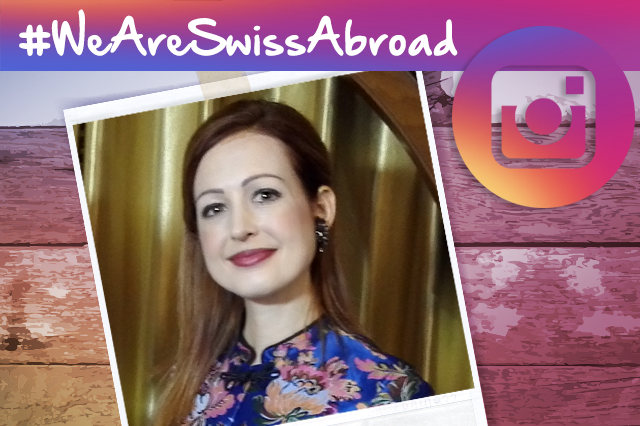
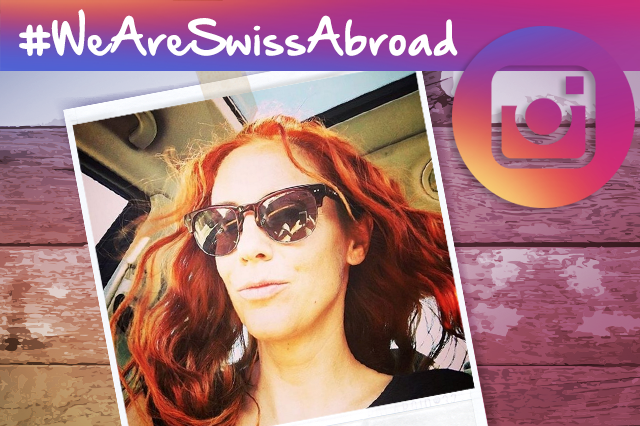
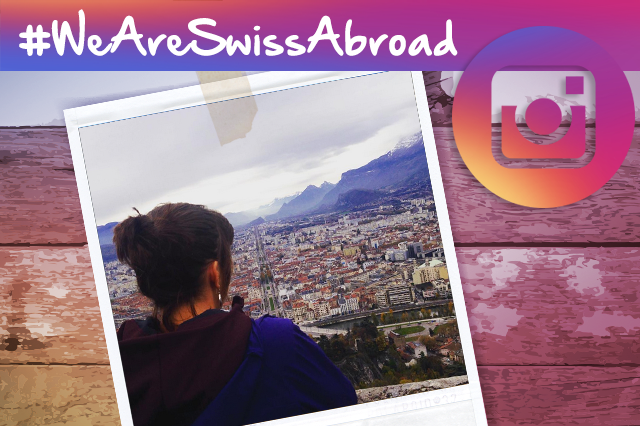
You can find an overview of ongoing debates with our journalists here. Please join us!
If you want to start a conversation about a topic raised in this article or want to report factual errors, email us at english@swissinfo.ch.